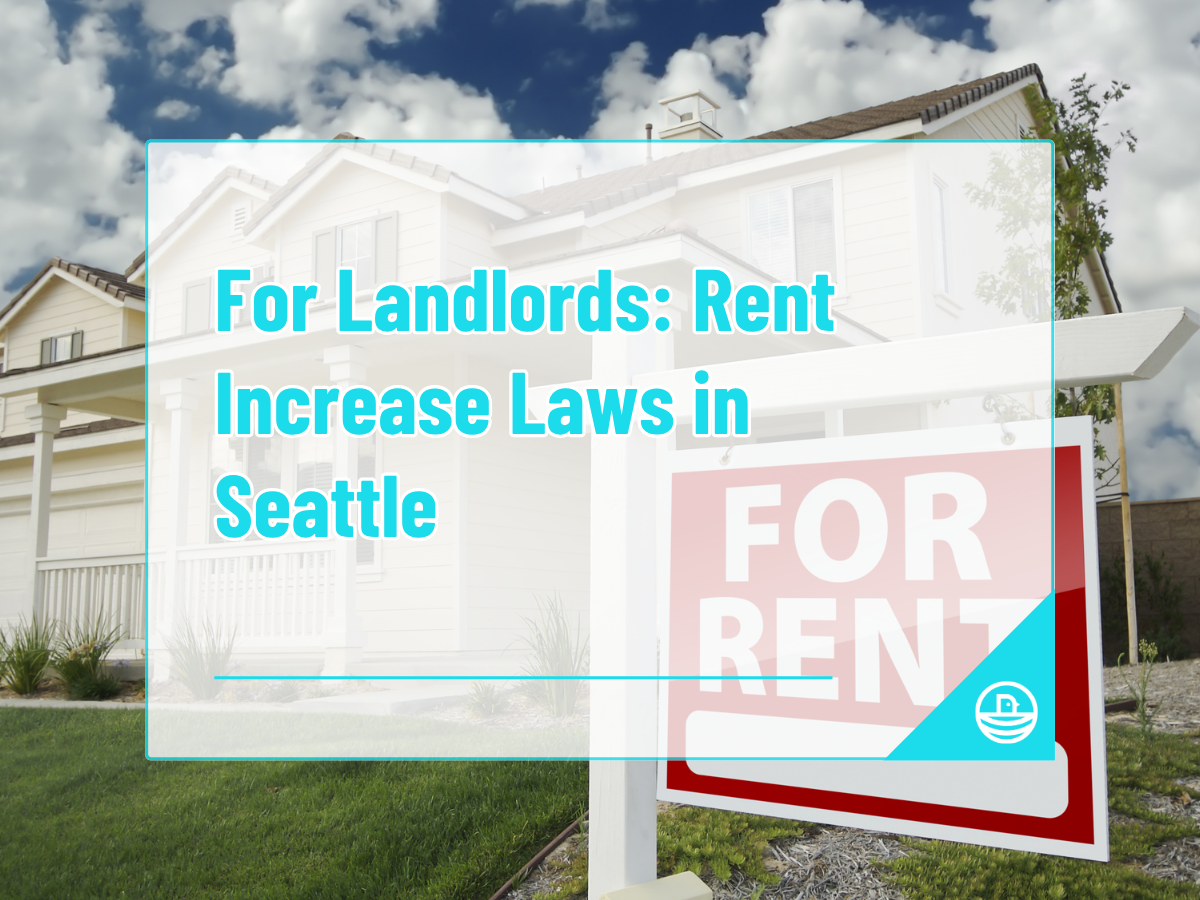How Much Does Property Management Cost in Seattle?
Managing a rental property can be complex and time-consuming, especially in a vibrant city like Seattle, where the rental market is dynamic. For property owners, understanding the costs associated with property management is essential to making informed decisions. So how much does property management cost in Seattle? This article explores the factors that go into it, helping property owners navigate this landscape.
Introduction
The demand for rental properties in Seattle has surged over the years, driven by a thriving economy and an influx of new residents. Consequently, property management services have become increasingly vital for landlords aiming to maximize their investment returns while maintaining their properties in top condition. However, these services come with associated costs that can vary widely based on several factors. Understanding these costs not only helps landlords budget appropriately but also allows them to evaluate the value offered by different property management companies.

Key Components of Property Management Fees in Seattle
Seattle's property management landscape comprises various fees that landlords should be aware of when hiring a property manager. Understanding these components is crucial to fully grasping the overall cost of management services.
Monthly Management Fee
The most significant component of property management fees is typically the monthly management fee, which usually ranges between 8% to 12% of the monthly rent collected, depending on the services offered. This fee covers day-to-day management responsibilities such as tenant communication, rent collection, and handling maintenance requests. Factors like the size and type of property, the level of service offered, and the specific property management company can influence the monthly fee. Landlords should review the services incorporated into this fee to ensure they are receiving optimal value.
Leasing Fee
Another key component of property management costs is the leasing fee, which is charged when a new tenant is found for the rental property. It can range from 50% to 100% of one month’s rent, and usually covers advertising the property, conducting background checks, and processing tenant applications. Many property management companies offer leasing services as part of their package, but landlords should clarify whether these services come with additional charges. The leasing fee is often one of the larger upfront costs incurred when taking on new tenants.
Vacancy Fee
A vacancy fee may be charged during periods when the rental property is unoccupied. This fee is typically a percentage of the monthly rent and is meant to cover the cost of continued management during vacancy periods. While this fee serves as a safety net for property management companies, it is essential for landlords to factor it into their overall budgeting.
Maintenance Mark-up Fee
Another potential cost is the maintenance mark-up fee, which is charged by property management companies when coordinating repairs and maintenance work. Companies may add a percentage to the actual repair invoice, which can significantly inflate the total maintenance costs. It’s crucial for landlords to understand these fees ahead of time and discuss limits on mark-ups with potential managers.
Late Payment Fee
If tenants fail to pay their rent on time, property management companies may charge late payment fees. Typically, they are around 5% to 10% of the rent and can incentivize timely payment. However, landlords should check with their property manager about the policy surrounding late fees, as this could affect tenant relations.
Renewal Fee
A renewal fee is charged when a current tenant chooses to renew their lease. This fee can vary but is often a flat rate. It is designed to cover the administrative work involved in renegotiating the lease terms and updating documentation. While it may seem minimal, landlords should account for it in their overall costs.
Eviction Fee
In the unfortunate event of an eviction, property management companies often charge an eviction fee. This fee can cover legal costs and court filing fees associated with the eviction process. Understanding this fee is essential, as it may vary significantly between management companies and can add unexpected costs in difficult situations.
Factors Affecting Property Management Costs
Several factors can influence property management costs in Seattle, including the type of property being managed, its location, and the level of service required. For instance, managing a multi-unit building typically incurs higher management fees than a single-family home due to the increased complexity of managing multiple tenants.
Moreover, the location of the property can play a significant role in determining fees. Areas with higher demand and property values may see higher management fees as property managers capitalize on the market conditions. Ultimately, landlords should weigh these factors when evaluating potential property management companies.
How to Choose a Property Manager in Seattle
Choosing the right property manager is critical to maximizing rental income and maintaining your property’s value. Start by researching various management companies and assessing their reputations through online reviews and testimonials. Look for companies with experience in managing properties similar to yours.
Additionally, it’s advisable to interview several property management companies to understand their fee structures, services, and management philosophies. Inquire about their policies regarding maintenance, tenant communication, and handling emergencies. A clear understanding will aid in finding a property manager that best aligns with your needs, like Evernest.
Conclusion
Understanding property management costs in Seattle is essential for landlords looking to protect their investments and ensure smooth operations. By being aware of the key components of management fees, as well as potential additional charges, property owners can better evaluate their options and choose a management service like Evernest that fits their needs.
Thorough research and due diligence are crucial in selecting a property manager, as the right partner can significantly enhance the success of your rental property. Reach out to our Seattle property management company to get started!













